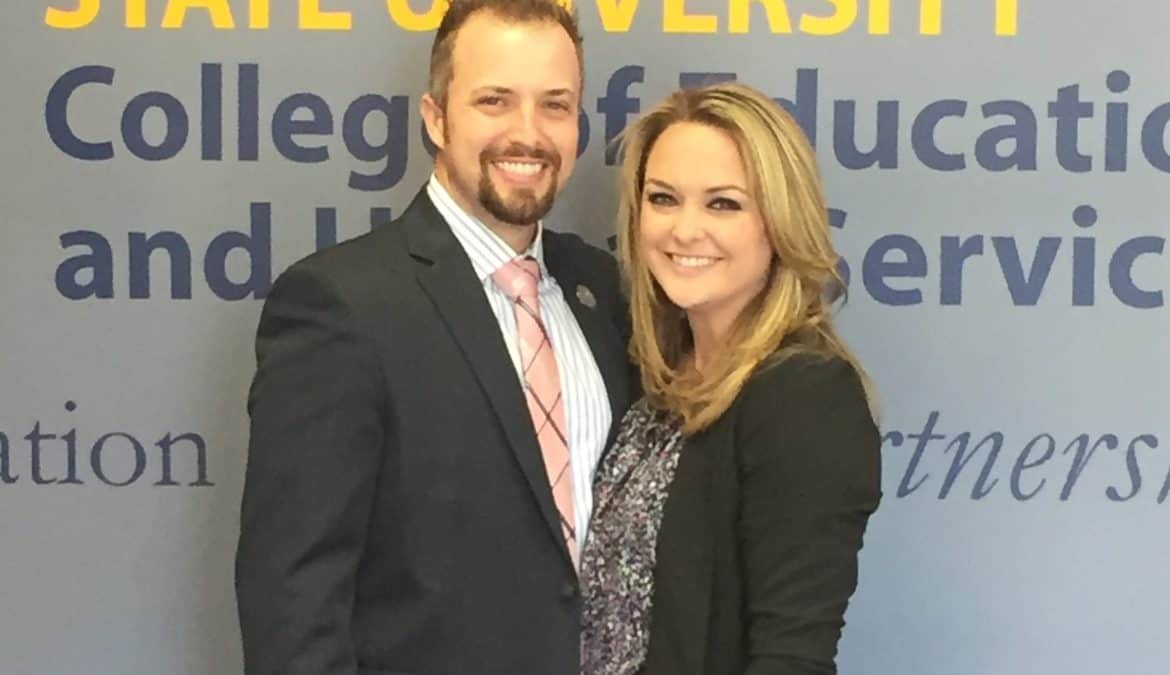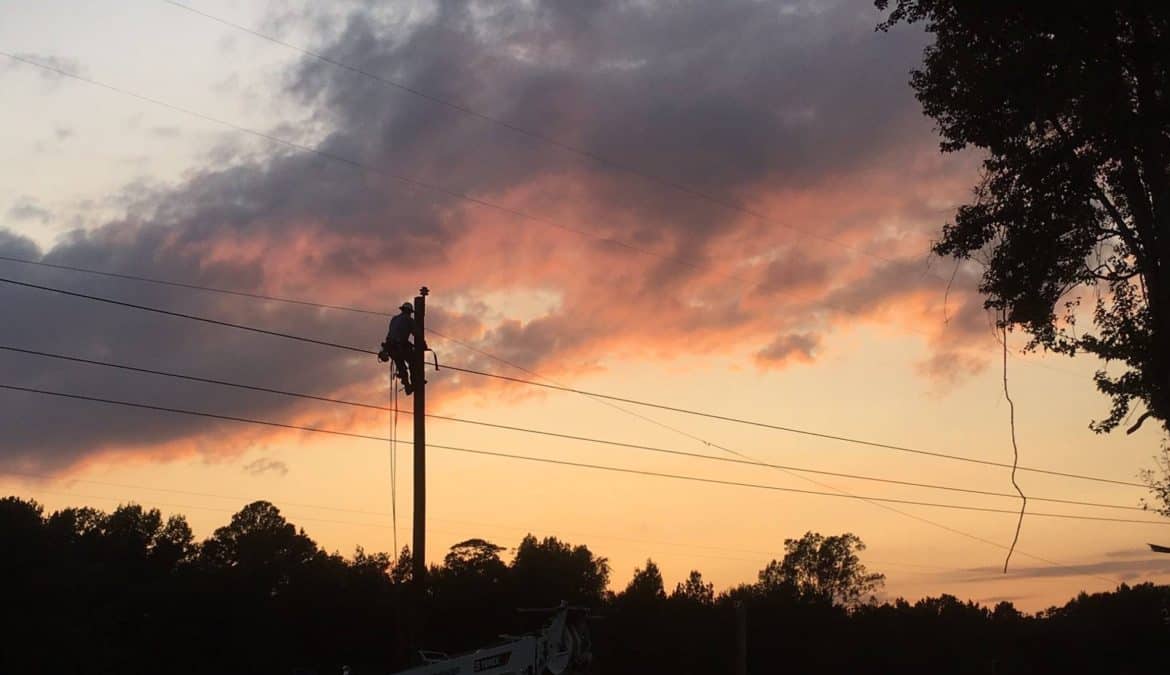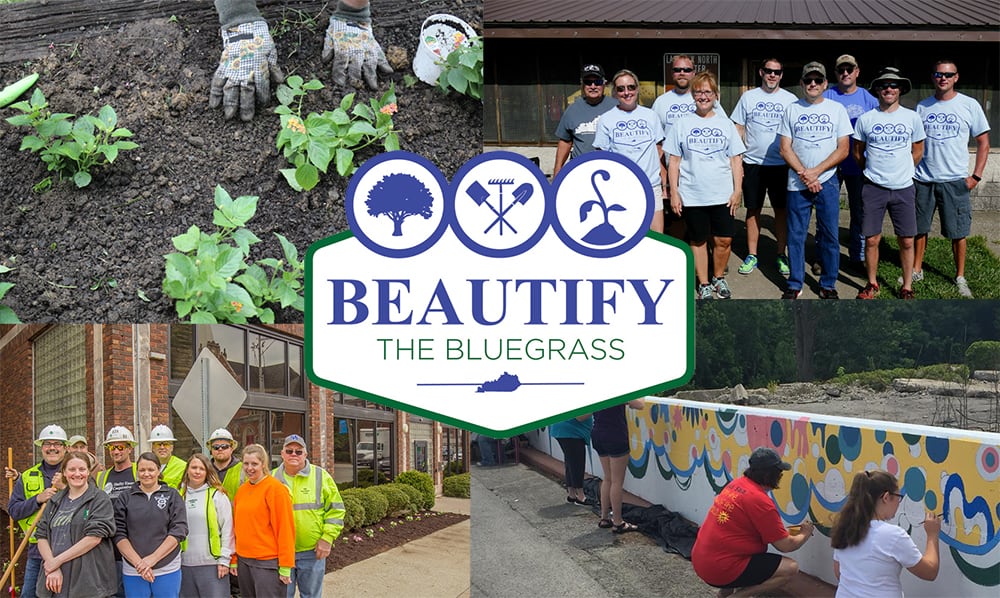Kentucky Proud and electric cooperatives make a difference
Do you remember your wedding vows? I will never forget my wedding day as I stood in front of friends and family and watched my bride escorted by her father into the sanctuary of Rose Hill Baptist Church in Ashland. That was 25 years ago.
We were so young and excited about what life had in store for us. I look back at the pictures and see two young people who were committed to each other and to making a difference in the world. She was beautiful then and even more beautiful today. I was much thinner and had no signs of gray in my hair.
We were recent college graduates and I had accepted a job at Nolin RECC as an engineer. I am so thankful that I found a job working for an electric cooperative. I was able to find a program that had a mission that I could completely support. Electric cooperatives make a difference in their local communities and are always thinking of how to keep electric rates affordable.
In our wedding vows, I remember the line “for better or worse.” I bet most married folks have lived out that portion of our vows at different times in our lives. For us, there have been the good times, but there have also been the bad times.
In this issue of Kentucky Living, you will read about Kentucky Proud Weddings (page 24), which are uniquely Kentucky. The venue, flowers, food and entertainment have roots in our state heritage.
The idea of using local suppliers is to give back to your community. That’s something that electric cooperatives can get behind, because our roots have always been and are still locally based.
When I read the story, I immediately thought of my marriage. We were married in a small town and celebrate our Kentucky roots. I am proud of our 25 years—Kentucky Proud.














